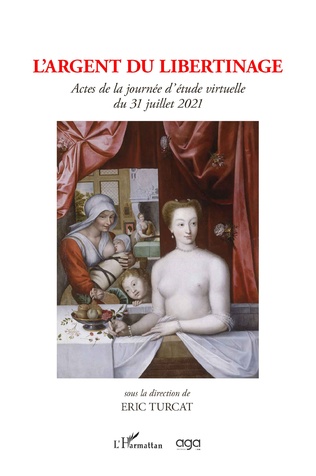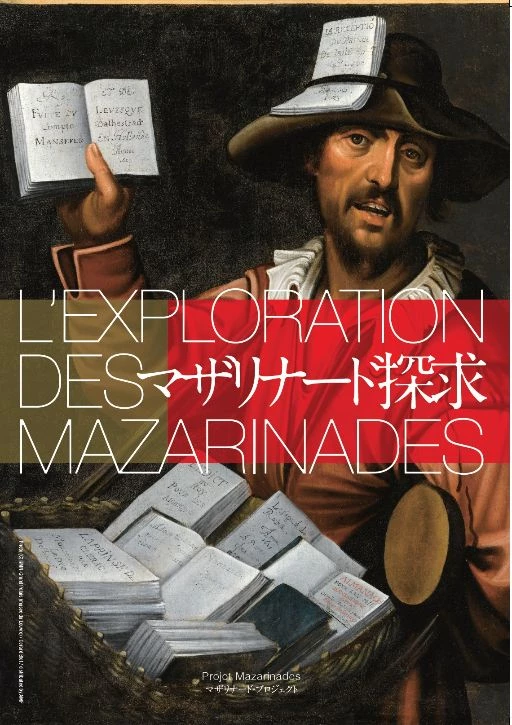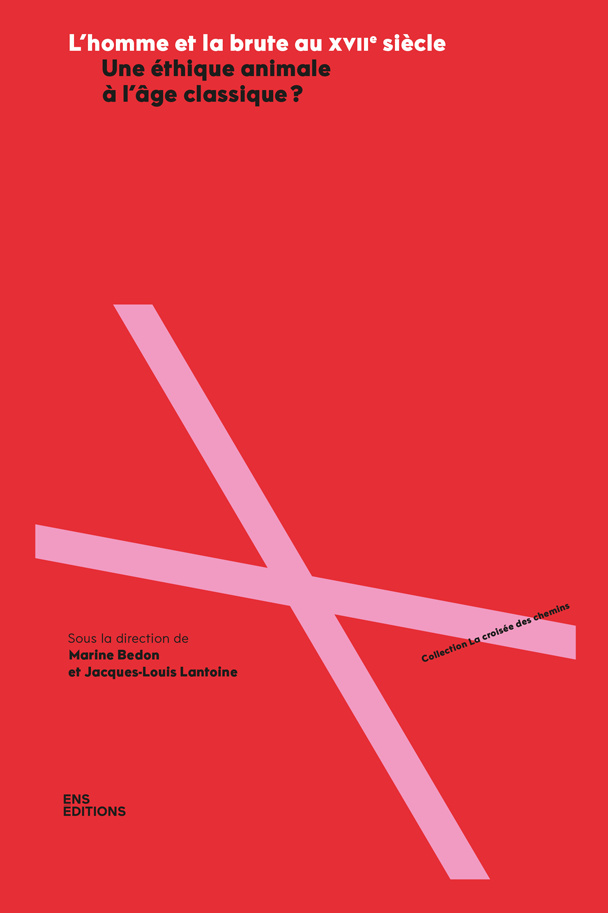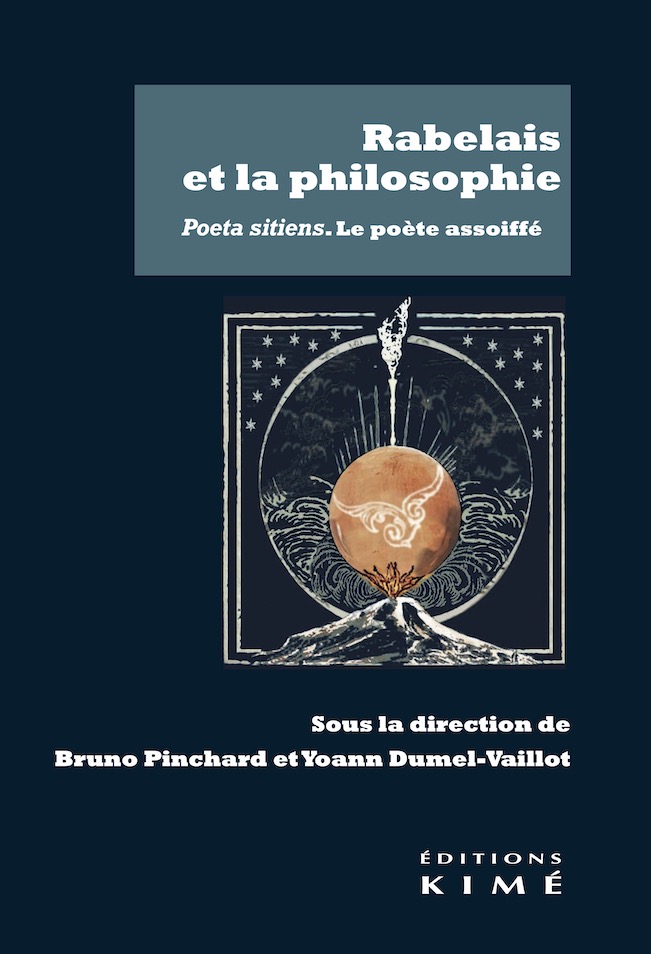Lectio International Conference – 11–13 December 2019 – University Of Leuven (Belgium)
Dissent, polemics, and rivalry have always been at the center of intellectual development. The scholarly Streitkultur was given a fresh impetus by the newly founded universities in the High Middle Ages and later turned into a quintessential part of early modern intellectual life. It was not only mirrored in various well-known intellectual debates and controversies – e.g. between Aristotelians and Augustinians, scholastics and humanists, Catholics and Protestants – but also embodied in numerous literary genres and non-literary modes of expression – e.g. disputationes, invectives, consilia, images, carnivalesque parades, music, etc. – and discursive or political strategies – patronage, networks and alliances. Moreover, the harsh debates notwithstanding, consensus was also actively searched for, both within particular disciplines and within society as a whole.
The aforementioned genres and strategies are all modes of negotiating dissent, which raises several important questions regarding these intellectual ‘warriors’. What were the most important issues at stake and how were they debated? Did the debates in the public sphere reflect the private opinions of the scholars involved? What access do we have to those private opinions? Can we approach such controversies in terms of authenticity and truthfulness, or consistency and coherence? Is there a contrast between ego-documents and the published part of an author’s oeuvre? Starting from these questions, the aim of this conference is to study the polemical strategies and the modes of rivalry and alliance in scholarly debate from the twelfth through the seventeenth centuries. Topics of interest may include, but are not limited to:
- the role of alliances and polemics in establishing intellectual networks;
- the presentation of rivaling views and the depiction of adversaries;
- the discrepancy or congruency between private and public persona;
- hitherto neglected disputes or new perspectives on well-known controversies;
- non-literary modes of negotiating dissent;
- the relation and connections between various literary and non-literary genres, also across different semiotic modes (literature, visual arts, performative arts...);
- the role of socio-cultural and economic background in polemics;
- the role of language (e.g.: vernacular vs. Latin);
- similarities and differences across disciplines (philosophy, civil and canon law, theology, medicine...) with regard to polemization and the negotiation of dissent.
We actively invite papers from a variety of perspectives and disciplines (civil and canon law, philosophy, theology and religious studies, literary studies, historiography, art history, etc.) and aim to study texts in Latin, Greek and the vernacular, as well as pictorial and performative traditions. We do not only welcome specific case studies, but also (strongly) encourage broader (meta)perspectives, e.g. of a diachronic or transdisciplinary nature.
The conference will span the period from the twelfth until the seventeenth centuries. The conference will be organized by the Leuven Centre for the Study of the Transmission of Texts and Ideas in Antiquity, the Middle Ages and the Renaissance (LECTIO). It follows upon last year’s conference on polemics, rivalry and networking in Greco-Roman Antiquity.
Confirmed keynote speakers:
- Leen Spruit (Radboud Universiteit – Nijmegen)
- Anita Traninger (Freie Universität – Berlin)
We invite submissions for paper proposals in English, French, German and Italian. Proposals should consist of a (provisional) title, an abstract of 300–400 words, and information concerning the applicant’s name, current position, academic affiliation, contact details and (if applicable) related publications on the topic. Applicants who intend to speak in French, German or Italian, are expected to include an English abstract as well. Accepted papers will be awarded a 30 minutes slot (20 minutes presentation, 10 minutes for discussion).
Please submit your proposal via email (lectio@kuleuven.be) by April 15, 2019. Applicants will be notified by email within 5 weeks from this date. Successful applicants are expected to submit their paper for inclusion in a thematic volume to be published in the LECTIO series (Brepols Publishers). All submitted papers will be subject to a process of blind peer-review. For any further queries, please mail to lectio@kuleuven.be.
On behalf of the organizing committee, Guy Claessens – Wim Decock – Jeroen De Keyser – Fabio Della Schiava – Wouter Druwé – Wim François – Erika Gielen
http://www.kuleuven.be/lectio http://lectio.ghum.kuleuven.be/lectio/conferences
Source: RSA




 cle), Pierre Civil, Roberto Mondola, Nathalie Peyrebonne et Encarnación Sánchez García (dir.), Paris, H. Champion, 2022.
cle), Pierre Civil, Roberto Mondola, Nathalie Peyrebonne et Encarnación Sánchez García (dir.), Paris, H. Champion, 2022. L'argent du libertinage, Éric Turcat (dir.), Paris, L'Harmattan, coll. "L'Orizzonte", 2021
L'argent du libertinage, Éric Turcat (dir.), Paris, L'Harmattan, coll. "L'Orizzonte", 2021 T. Ichimaru, P. Rebollar, S. Haffemayer et al., L'exploration des mazarinades / マザリナード探求 [Mazarinādo tankyū], Tokyo, Projet Mazarinades, 2022
T. Ichimaru, P. Rebollar, S. Haffemayer et al., L'exploration des mazarinades / マザリナード探求 [Mazarinādo tankyū], Tokyo, Projet Mazarinades, 2022 L'homme et la brute au XVIIe siècle. Une éthique animale à l'âge classique ?, M. Bedon, J.-L. Lantoine (dir.), Lyon, ENS Editions, coll. "La Croisée des chemins", 2022.
L'homme et la brute au XVIIe siècle. Une éthique animale à l'âge classique ?, M. Bedon, J.-L. Lantoine (dir.), Lyon, ENS Editions, coll. "La Croisée des chemins", 2022. Rabelais et la philosophie. Poeta sitiens. Le poète assoiffé, Bruno Pinchard, Yoann Dumel-Vaillot (dir.), Paris, Kimé, coll. "Transhumanisme", 2022
Rabelais et la philosophie. Poeta sitiens. Le poète assoiffé, Bruno Pinchard, Yoann Dumel-Vaillot (dir.), Paris, Kimé, coll. "Transhumanisme", 2022